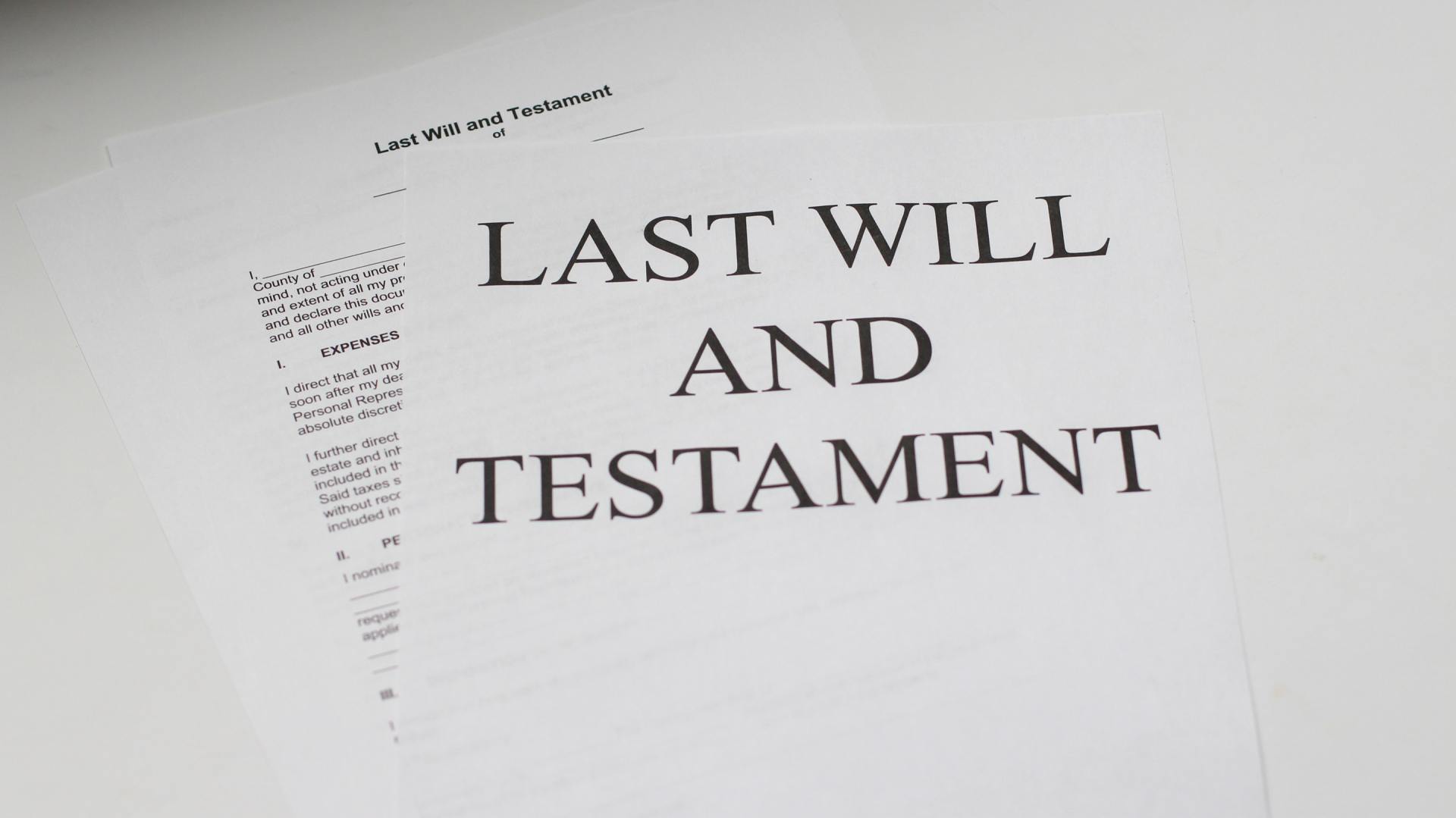Wills & Probate
Wills
What if I die without making a Will – Rules of Intestacy
If you die without a Will, then the government will decide who will inherit your estate in accordance with the Rules of Intestacy. These were drawn up in the 1920s, and despite major revisions in 2014, may not accord with your wishes. Depending upon circumstances and the size of your estate, your spouse may end up sharing your assets with your children. Married partners or civil partners inherit under the rules of intestacy only if they are married or in a civil partnership at the time of death. So, if you are divorced or if your civil partnership has been legally ended, you can’t inherit under the rules of intestacy.
The full laws of Intestacy depend on which part of the UK you live in and can be found on the
government website here.
Please note that by clicking this link you will leave this website of Acumen Independent Financial Advisors and we cannot be held responsible for the content of the external website.
The point of a Will
People have reservations when it comes to discussing this delicate matter, but the process need not turn out to be as upsetting or difficult as you might think. In fact, having a Will in place provides re-assurance that only comes with the knowledge that you have tied up all those loose ends.
It is important to have the correct type of Will – one that is professionally drafted to take in to account your wishes, and your personal and financial circumstances.
The correct Will can allow you to:
- Specify whom you wish to inherit your estate, in what order and in what proportions, so that you have comfort in the knowledge that your wishes will be carried out
- Make specific legacies to family or friends or gifts to your favourite charities
- Appoint suitable guardians for young children, rather than leaving the decision to the Courts
- Set up maintenance trusts for children to protect their inheritance until an age specified by you
- Make provision for children or other beneficiaries, should your surviving partner remarry
- Protect your share of the property from having to be sold to pay your surviving partner’s future care fees, thus still having assets to leave to your family
Amending an Existing Will
If you already have a Will, it is recommended that you review it every 2 to 5 years. Sometimes your wishes may not have changed, but the value of your assets and the law may have. It is very important to ensure that your Will does exactly what you want it to do; that it protects your assets and investments, and most importantly that you have taken advantage of various areas of flexibility within the law of estate planning.
INHERITANCE TAX PLANNING, WILL WRITING, TRUSTS AND TAXATION ARE NOT REGULATED BY THE FINANCIAL CONDUCT AUTHORITY.
Children's and Grandchildren's trust
If you do not make provision for your children’s financial future, whilst they are under the age of 18, their inheritance is held under a legal trust for their benefit.
This is a complex and expensive legal procedure, as it involves an application to the courts to allow for the trust to be established. In addition to this expense, after the child reaches 18, they are quite free to spend (or squander) it.
Many people do not feel that this provision is suitable and therefore include a special and flexible trust in their professionally drafted Wills.
By using a Children’s Trust in their Wills, parents can place an age restriction on the inheritance of 21 or maybe 25 years of age. They would also nominate trustees who are people they are confident can and will manage the trust for their children until they become of age, and thus eliminate any costly and complex court fees.
These are also exceptionally flexible trusts. Should the trustees feel that it is suitable, they can advance funds to the children prior to the age of inheritance. For example, should a child need medical care or require funds for university.
If you have disabled children, you can also make further long-term, secure financial provision for them.
Probate (Estate Administration)
It is the responsibility of the Executors appointed in a Will to administer the estate, but there is more to the role than many people realise. The moment the Testator (the person who has made the Will or given a legacy) dies, the role of the Executor(s) (person or institution appointed by a Testator to carry out the terms of their Will) begins.
There are some very important initial duties.
- Securing the assets – they are now legally responsible for the assets of the Testator and may need to secure the property and belongings e.g. change the locks on the property, switch off utilities etc.
- Insure the assets -they must ensure that the house and contents are insured
- Arrange the funeral – this is an Executor duty, but normally involves the family
- Assess the death estate assets and liabilities
- Calculate whether there is an Inheritance Tax liability, complete the relevant forms, agree with
- HMRC and arrange to pay HMRC
- Arrange for the Grant of Probate, which gives legal authority to the Executors to deal with the Estate
- Call in assets
- Pay debts and liabilities
- Complete estate accounts
- Distribute the estate according to the Will
Sadly, many family members are appointed as Executors in Wills, but have no idea of the responsibility and often do not know they have been appointed in the Will until the Testator dies. The great news is that where Executors do not feel able to complete the role, we can assist you with the estate administration taking away the burden when many are grieving.
Inheritance Tax
Inheritance Tax (IHT) is payable if a person’s estate, including their property, money and possessions is worth more than the IHT threshold when they die.
There is a tax-free allowance called the ‘nil-rate’ band, which is currently £325,000. If the value of the estate exceeds this figure, and the estate isn’t left to a spouse, civil partner or a charity, (and isn’t eligible for reliefs such as agricultural or business relief) then the excess will be liable to IHT at 40%.
From April 2017, estates have benefited from an additional residential nil-rate band (RNRB) which is currently £175,000 where the deceased’s residence is left to their direct descendants (children, step-children, adopted and fostered children and their respective spouses and civil partners). Where an estate has a net value of more than £2m, the RNRB is withdrawn at a rate of £1 for every £2 over this threshold.
From 2020, if the nil-rate band and RNRB are both rolled over unused on the first death to the surviving spouse or civil partner, on the second death this would mean there could be a tax-free nil rate band of £1m available.
The rules involved in Inheritance Tax are complex and it is for this reason that it’s important to discuss your situation with us, as then you will be able to understand its potential effects on you, whether your loved ones will lose out on some of their inheritance and, what we can do to reduce or even eliminate its effects.




